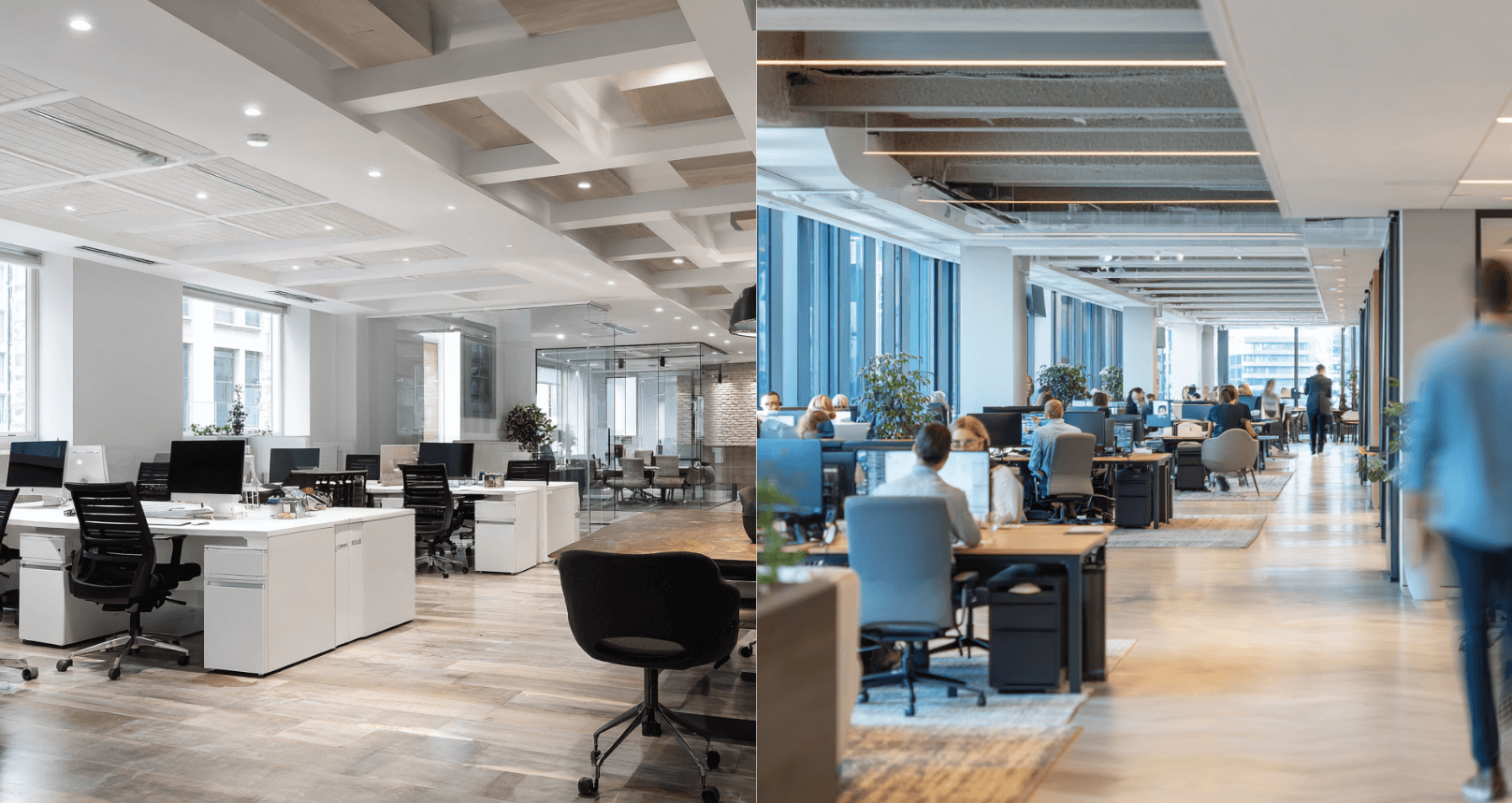The role of the office in building trust in a distributed world
Whether you are office-first, hybrid, or follow another model, the role of the office in building trust remains crucial.

Workplace culture has always been a cornerstone of organizational success, influencing collaboration, innovation, and employee satisfaction. In today's era of remote work, hybrid teams, and distributed organizations, the role of the office in shaping workplace culture has become a topic of intense discussion.
Debunking myths about distributed work
The idea that distributed companies are ambivalent about in-person interactions is a myth, according to Annie Dean, VP, Team Anywhere at Atlassian. Contrary to this misconception, trust is often solidified in person and then continuously bolstered.
Atlassian, for example, believes in the power of in-person bonding. While they acknowledge the potential of remote work, they also bring teams together physically 3-4 times a year, primarily for social bonding rather than daily tasks. This method, based on their research, enhances team connection by 27%, with the impact lasting for over four months.

The value of face-to-face interactions
There is no shortage of both employees and employers underscoring the importance of occasional in-person meetings, even in a remote-first setup.
Carl Pearson, Quantitative UX Research at Reddit, notes that traveling quarterly for off-sites is essential for his work well-being.
"In that one offsite spent with coworkers, my cup is refilled until the following quarter," Pearson said. "I come back from an offsite exhausted in the short term (as an introvert) but completely energized to tackle challenges at work."
Dr. Gleb Tsipursky, acclaimed "office whisperer", says that in-person meetups are especially important for burgeoning mentor-mentee relationships.
"Mentees need to reveal vulnerabilities to mentors, and that doesn't happen without trust," Tsipursky said. "Yes, such trust can be built remotely, but it's quite a bit more difficult to do and takes a lot longer, based on what I saw within my clients who chose a remote-first model."
Related Video: Ford's Darren Murph on the importance of intentional in-person experiences.
Designing spaces for enhanced connections
When teams come together in person, the environment they occupy plays an essential role in shaping interactions. It's not just about having a space; it's about crafting a space that fosters collaboration, encourages open communication, and enhances the experience of being together.
Imagine having a key in-person meeting, but the room is too cramped, the acoustics are off, and the seating arrangement feels disconnected. The potential benefits of that face-to-face interaction diminish.
Our understanding of space is pivotal. Well-designed spaces can facilitate more productive brainstorming sessions, create moments of serendipitous interactions, and make those invaluable in-person moments truly count.
As companies increasingly value the quality of in-person interactions over the quantity, there's a heightened need for spaces that are purposefully designed. Spaces that resonate with the company's culture, accommodate its unique needs, and amplify the benefits of coming together. By understanding your space and designing it with intention, you not only set the stage for meaningful interactions but also underline the significance you place on those moments.
Related reading: Meet PagerDuty's conference room without walls.
Cultivating trust in a changing work landscape
Whether a company is remote-first, hybrid, or follows another model, the role of the office in building trust and culture remains crucial. By understanding the nuances of workplace culture in a distributed world and implementing intentional strategies, organizations can ensure they nurture trust and cohesion, irrespective of where their teams are located.
Key Takeaways

DisruptCRE founder shares how corporate real estate is changing
Companies are moving employees from underutilized offices into "space as a service” options with utilization data.
Watch now
Half of offices are empty but you still can’t find a meeting room
Employees waste up to 30 minutes a day looking for a meeting room to meet in workplaces.
Read moreMost recent

Space waste: The industry’s naughty and nice list
Our sensors spilled the beans: What industry is winning, who's wasting and who's hogging your office real estate.
.png)
Improve your occupancy sensor RFP with our best practice guide
Discover essential questions to simplify your occupancy sensor RFP process and confidently choose the right vendor.

Does RTO actually work? A webinar debate with the data
Density’s RTO data sparks debate between a pro-office CEO and a remote-friendly workplace strategist.

A workplace love story: Phone booth meets sensor
Phone booths are booming—and occupancy sensors help companies manage and measure them with ease.
Explore other Density Products
Atlas for Workplace
Insights for the workplace that help you cut costs and deliver better spaces.
Learn more